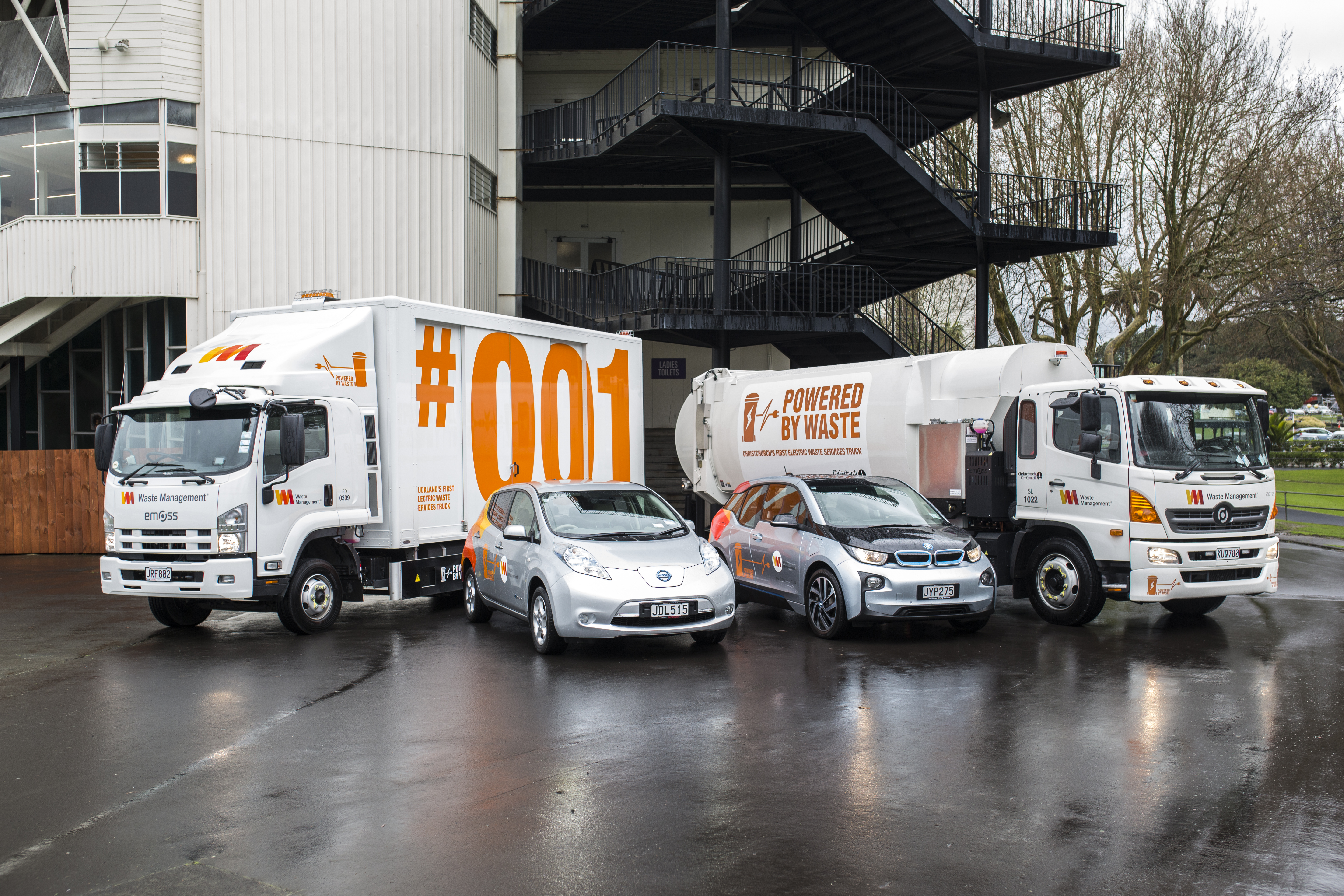
Waste Management has released its sustainability strategy, For Future Generations, as corporate reporting on sustainability becomes more mainstream in New Zealand.
In developing the report, Waste Management engaged external and internal stakeholders to identify those issues considered material for the company to address in order to be sustainable for the future.
From this process, five programme areas and 13 projects were identified as being key to improving our sustainability. The five programme areas include Environment, Communities, Customers, People and Business.
Tom Nickels, Waste Management managing director, said: “For many years we have understood the critical role we play in safeguarding our future. Formalising this into a public document that identifies key programme areas is an important step, and we commit to reporting our progress on these annually.”
Waste Management has linked each of these programme areas to the UN Sustainable Development Goals, ensuring it is positively influencing achievement of these global goals as well as creating value for business and stakeholders.
As part of its strategy Waste Management will also establish an advisory board of external advisors, including Sir Rob Fenwick, over the next 12 months to provide guidance and support on its sustainable waste and environmental services.
“At this particular time, with significant challenges in terms of addressing climate change and volatility in the global recycling market, we are acutely aware of the responsibility we have to ensure the sustainability of our business for the future benefit to New Zealand,” said Nickels.
Waste Management NZ has previously outlined its plans to convert 30 per cent of its light vehicle fleet to EVs by 2020. Waste Management is one of NZ’s largest heavy vehicle operators with a fleet of around 800 trucks and 200 light vehicles.
In September 2017 Waste Management launched its first electric truck for residential wheelie bin waste collections in Christchurch, making it the first city in the Southern Hemisphere to put a 100 per cent electric residential waste collection truck into service.
More recently, Waste Management’s EV Innovation Hub completed its first local and 100 per cent electric truck conversion. The electric box body truck commenced operating out of the company’s Technical Services branch in East Tamaki, Auckland, collecting medical waste from Middlemore and Greenlane Hospitals.
Corporate sustainability now mainstream: report
The launch of Waste Management’s sustainability strategy follows the release of a new report this week that found more than three-quarters of the value of the New Zealand Stock Exchange (NZX) is reporting on sustainability
The report, Towards Transparency, was produced by sustainability consultancy Proxima and was based on a review of all sustainability and integrated reports released in New Zealand for the year ending August 31, 2018.
According to the study, 54 sustainability reports were released in 2018, 34 from listed companies. The most commonly reported topics: Health and Safety, Carbon, Energy, Waste, Diversity and Water. The study also found 27 reporters (50 per cent) have alignment with the United Nations’ Sustainable Development Goals.
It was also revealed that more than 70 per cent of sustainability reporters used an internationally-recognised reporting framework such as GRI or Integrated Reporting (IR), developed by the International Integrated Reporting Council.
The report’s author, Calum Revfem from Proxima said there has been a real shift in non-financial reporting recently in New Zealand.
“Changes in reporting have been primarily driven by changes to the NZX Governance Code and growing investor demand for more non-financial information on which to make better decisions. Sustainability and integrated reporting have now become mainstream.”
Many of the adopters of IR are also members of the Sustainable Business Council (SBC), which requires members to be accountable for and disclose their sustainability impacts.
Abbie Reynolds, SBC, executive director, said the council was pleased SBC members are leading the way on integrated reporting.
“We often say in business, what gets measured, gets managed, which is why reporting allows business to make real inroads on the sustainability challenges business face”.